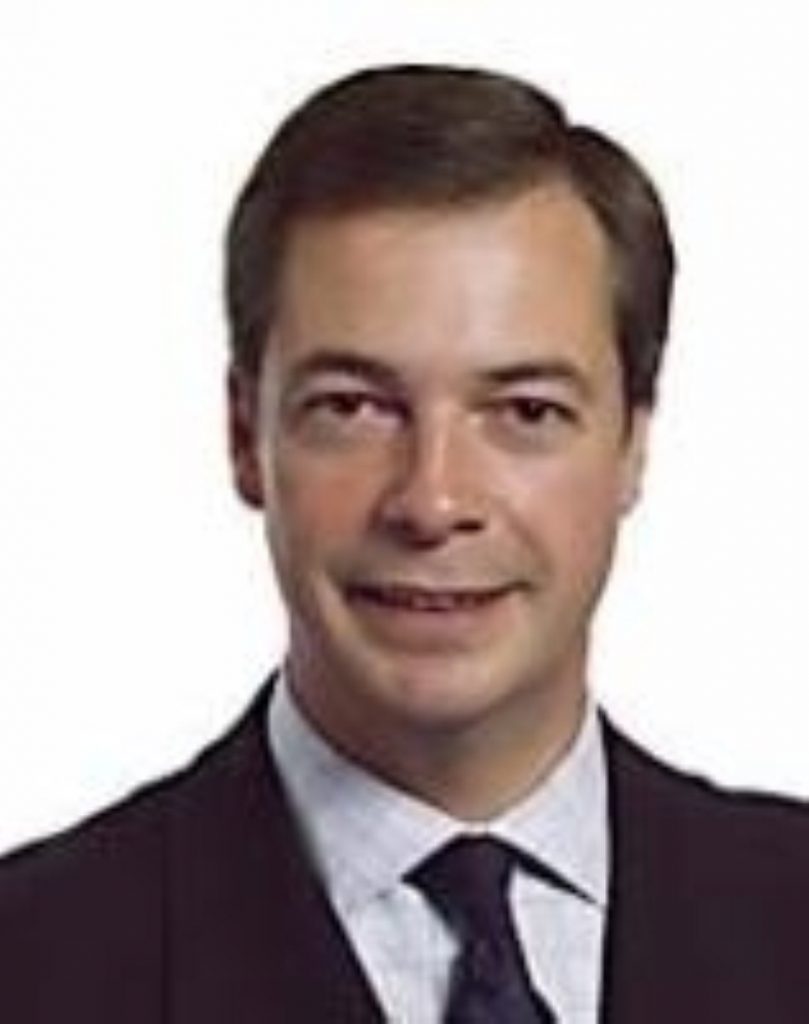Farage elected as UKIP leader
Nigel Farage has been elected as the new leader of the UK Independence Party (UKIP) after gaining nearly twice as many votes as his nearest rival.
Mr Farage, an MEP for the south-east of England and a founder member of the party, received 3,329 votes in the poll to replace Roger Knapman as leader.
Richard Suchorzewski received 1,782 votes, while David Campbell Bannerman received 1,443 votes. David Noakes was in fourth place with 851 votes.
The election was triggered by Mr Knapman’s decision to stand down as leader after his four-year term came to an end in July.


Mr Farage said he was “honoured” by the confidence his party had shown by electing him, and stated his aim to achieve electoral representation at all levels – the greatest prize being a seat in the House of Commons.
He also wants UKIP to become the largest UK party in the European parliament after the 2009 European elections. UKIP achieved more than 16 per cent of the vote at the 2004 European elections, behind only Labour and the Conservatives.
“In terms of the organisation of the party itself, I want a total re-prioritisation of our efforts, concentrating on fighting elections. We need candidates selected and approved in large numbers for local and national elections,” he said.
“Under my leadership, the party is going to become much more professional in everything it does and to achieve this, I will be picking a team to work with me.
Alluding to some of the problems UKIP had suffered over the years, such as the defection of Robert Kilroy-Silk, who left to create his own party after criticising the leadership, Mr Farage stressed the importance of discipline.
“Disunited parties don’t succeed,” he said.
Under his leadership, UKIP will be campaigning for a low tax economy, “real” immigration controls, a separate trade policy allowing it to do deals with third world countries and selective education.
“Above all, UKIP will campaign for Britain to be an independent self-governing and self-confident nation. There is a huge vacuum in British politics because the three traditional parties do not offer the electorate a real choice.”
Mr Farage will formally take up his position as leader of UKIP at the party’s annual conference on October 7th and 8th.









